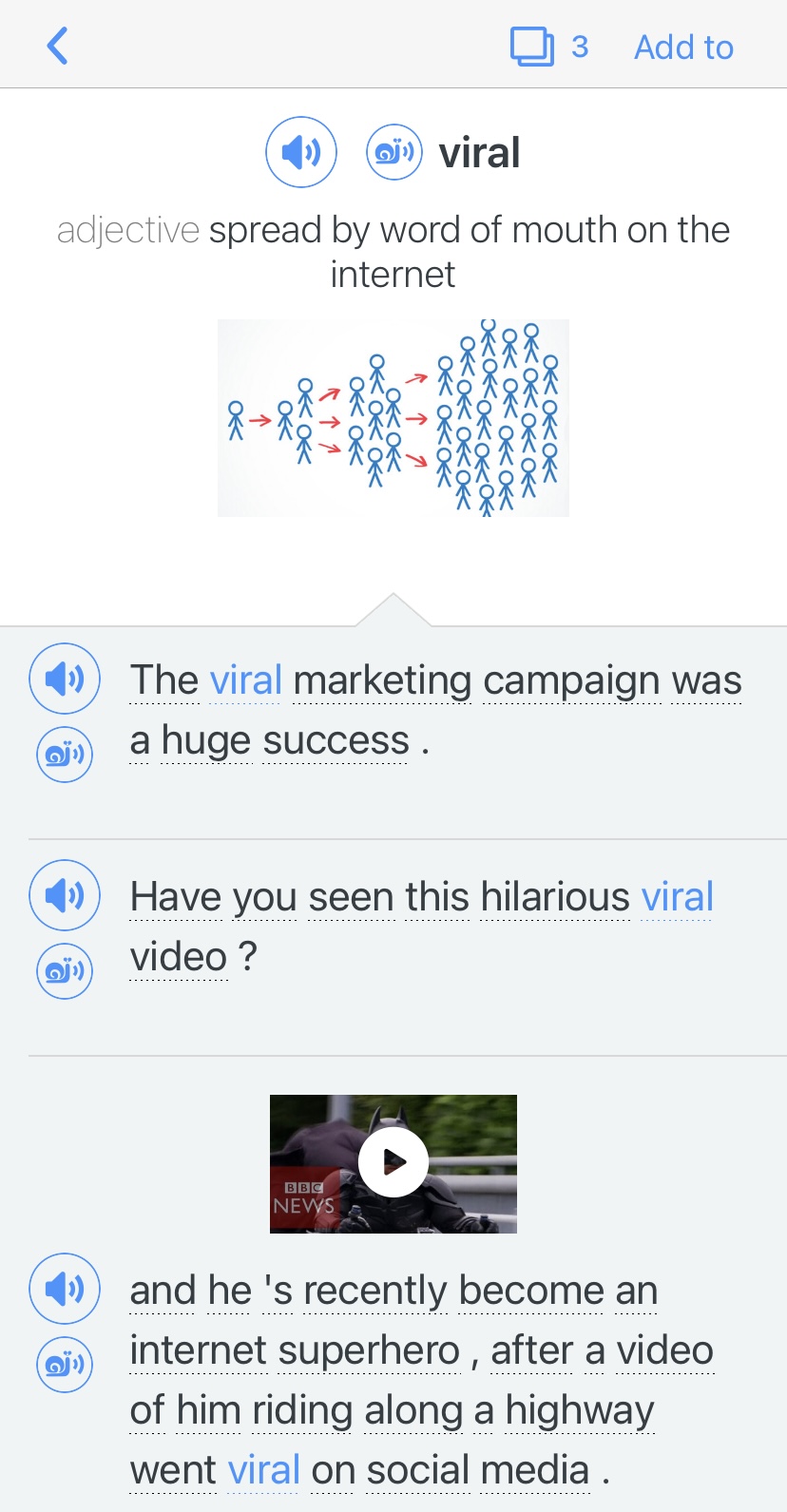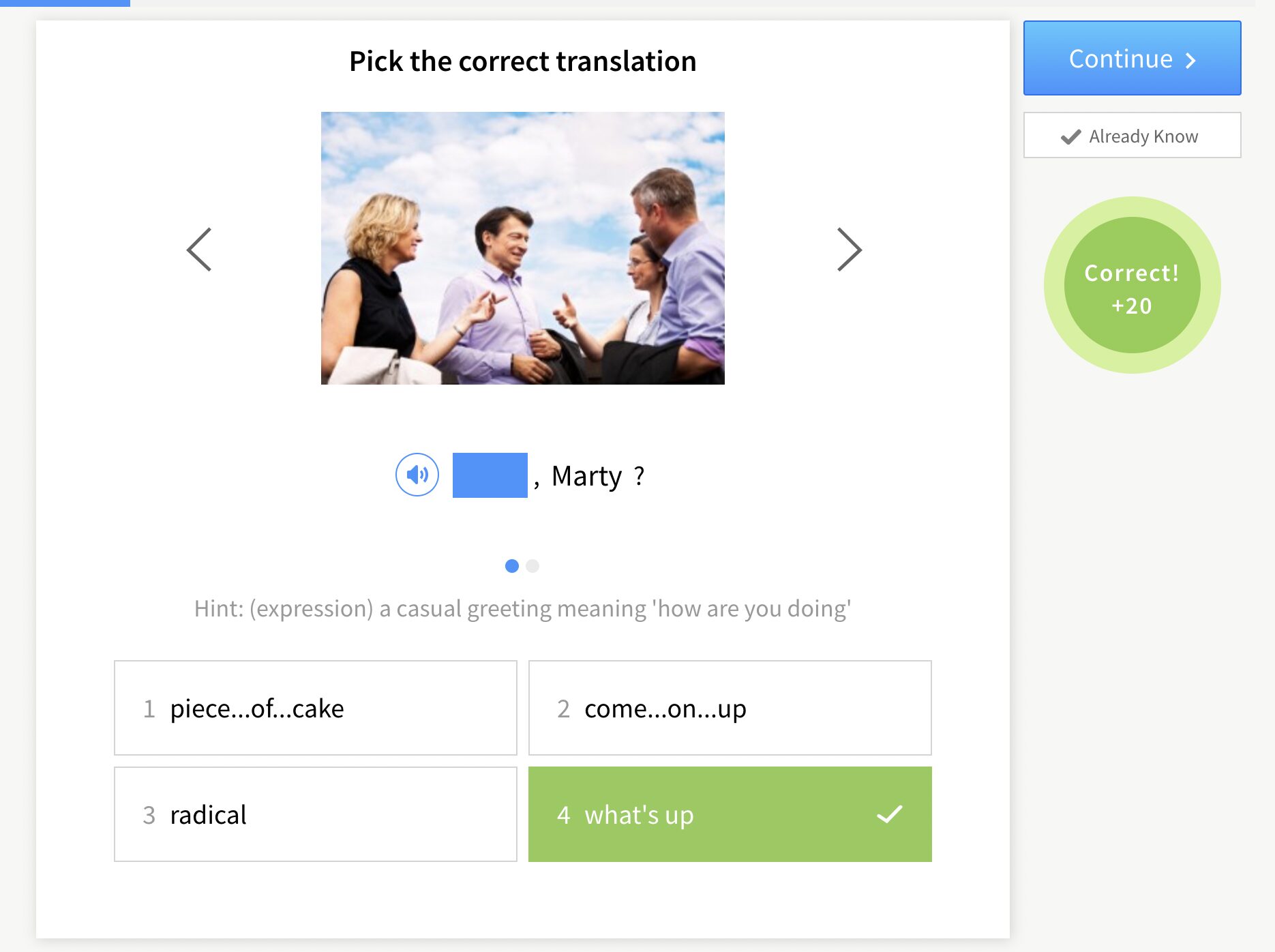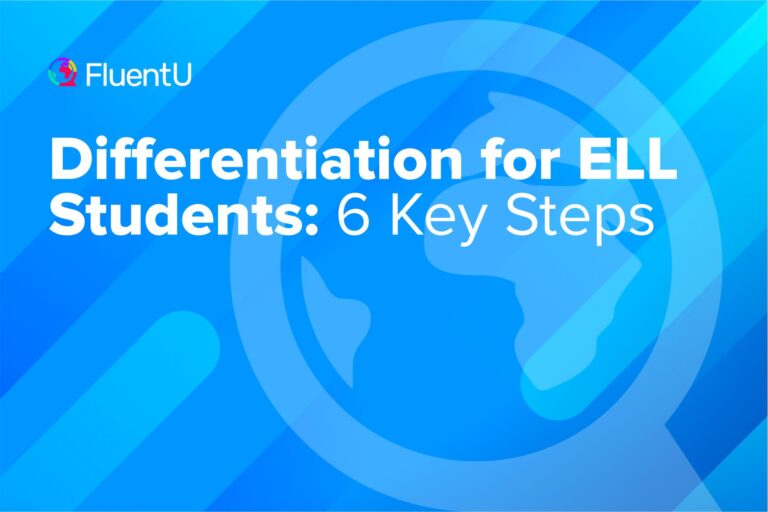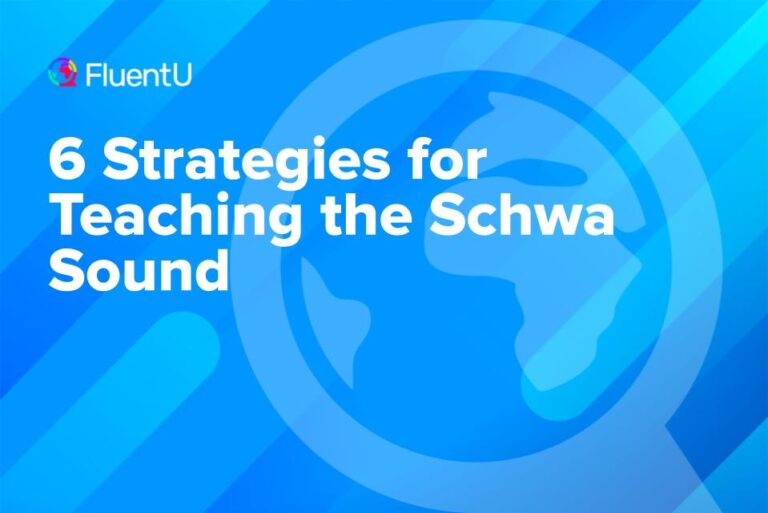5 Team Building Activities for ESL Students
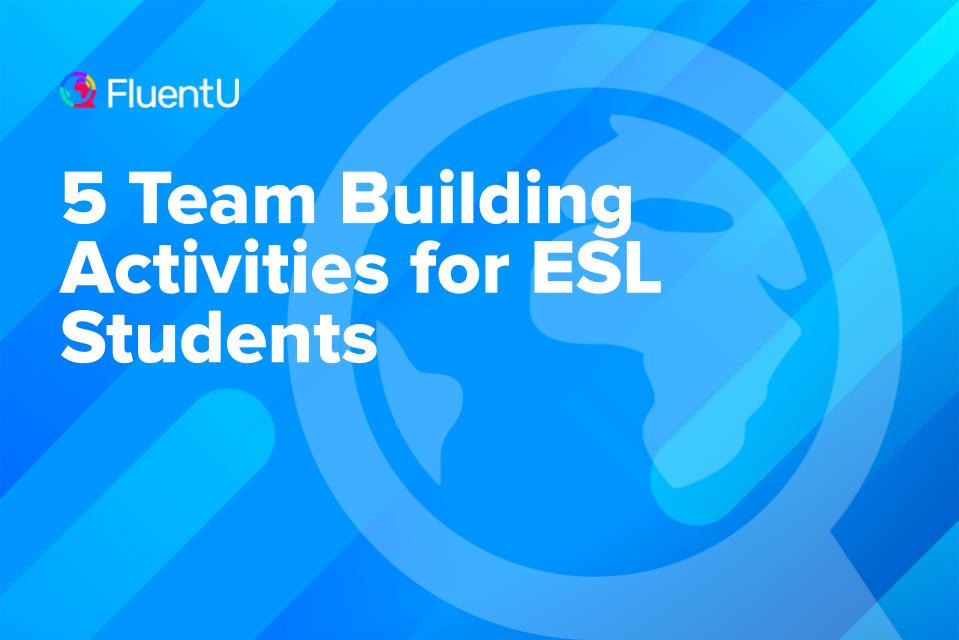
Letting your students cut loose and have a bit of fun with their learning is a formula for success, growth and confidence. Plus games are essential to the learning environment you create in your classroom. They promote fun, excitement, English language skills, and above all, a welcomed break from the traditional lesson.
With the five collaborative games I have for you below, your ESL students will be able to learn while having some hearty laughs.
Download: This blog post is available as a convenient and portable PDF that you can take anywhere. Click here to get a copy. (Download)
1. One Million Dollar Pyramid
This game promotes communication, collaboration and listening skills.
You will need to do a bit of prep work for this game, and need either an overhead projector or a projector connected to your computer. You will create 20 categories with five words relating to each category.
Here are a few example categories:
- Words that start with C: car, cow, candle, couch, castle
- Popular countries: USA, France, Canada, Germany, Mexico
- Things you cannot see: love, friendship, sadness, guilt, thoughts
Once you create your 20 categories with five words for each, you can put them into a presentation program (like PowerPoint) to make the game even more streamlined.
Divide your students into two teams and place two chairs between the teams. One chair will be facing the projected screen and the other chair will be facing away from the screen. Two players from one team will participate in one turn.
Here’s how it works:
- The student facing the screen (let’s call them “Student S”) will tell their teammate, Student A, three topics they can choose from.
- Student A, the one facing away from the screen, will then choose a topic. Student S will now be able to see the five words for that specific topic on the screen.
- Student S will try to get Student A to guess the first word on the list by describing it with single words. Student S can use any word they like, as long as it is not the target word.
- Once Student A has guessed the first word, Student S will begin describing the second word, and so forth. They have one minute to get as many of the five words as they can.
- Teams get money values for each right word guessed and the two teams take turns choosing, describing and guessing. The first team to $1 million wins.
2. Balloon Sentence Buster
This game is perfect for vocabulary building, grammar and sentence structure with an added pop!
To prepare you will create short sentences on paper, and then cut up the sentences—separating them into words or small groupings of words from the sentence. But don’t get them mixed up!
After everything is separated, place each slip into a balloon, blow it up and tie it. This game works best if you color-coordinate your balloons for each group of four students.
You will want each group to have a full sentence. Whether each group has a different sentence or the same is up to you when you prepare the game.
Here’s how it works:
- Once the groups are formed, hand out their color-coordinated balloons.
- Have students keep the balloons on the floor as they stand a few feet away. Once you say “go,” they will grab a balloon and try to pop it only using their elbows or knees.
- Once students pop a balloon, they can retrieve the word slip and place it to the side. Once a group has popped all their balloons, they will begin piecing together the sentence.
- The first group to get the sentence correct wins.
It is also fun to put a few words in balloons that do not relate to the target sentence—though in this case, let your students know that there will be extra words.
3. Proverb Party
Proverbs are a fun way to begin implementing phrases, phrasal verbs and idioms into your students’ vocabularies. This game promotes listening, quick English thinking, sentence structure, collaboration and communication.
To get your proverb party lesson ready, you will need a list of 10-20 proverbs and a big stack of 4×6 note cards. Write the first half of each proverb on one side of a card, and the second half on the other side. It is a good idea to separate the two sides by color.
You will need two to four decks of these proverbs, depending how many groups you will have. It is recommended to have two to six students per group, depending on class size.
Here’s how it works:
- Separate your students into groups. An ideal number of students per group is four.
- Once your students are in groups, give them one deck of 10-20 proverbs, designed as mentioned above. All cards should have the second part of the proverb facing up (blue color writing).
- Using your master list of proverbs, say the first part of the first proverb aloud. Students should work together in their groups to choose the correct ending to the proverb. They will flip cards over until they find the right one.
- The first group to get the correct proverb card gets a point. The game will continue in the same fun way until class time runs out or all proverbs are finished. The team with the most points wins.
4. The Verb Boat Race
The verb boat race is an exciting game that involves connecting subject pronouns with verbs. The skills this game promotes are writing, collaboration, reading and quick English expression.
You will need just a pencil and paper for each group in this game.
Here’s how it works:
- Separate your class into groups of five or six students per group. Students should sit on the floor in a line, with each student having a designated spot.
- The first student in the line for each group will have a pencil and paper. To begin, say a verb familiar to your students, maybe a verb you have recently gone over together.
- Once the first student hears the verb, they will write a subject pronoun with the verb. For example, if you say, “run” the first student could write “I run” on the paper.
- After writing, the first student passes the paper down to the next student in the line. This student will write a different subject pronoun matching the verb—in any tense. For example, “She ran.”
- Once all students have written their subject pronouns with the target verb, the last student in the line stands up and copies all their answers on the board.
- The first team to complete all tasks wins. It is great to move the line order around, giving every student a chance to write on the board.
To make the game more challenging, one variation would be to assign a specific verb tense that must be used.
5. 20 Questions
This game is a true student pleaser, evoking quick English thought, action, question and answer format, speaking, communication and listening.
Ahead of time, create a few categories for your students to choose from such as vegetables, animals and land features. Your students will have 20 questions to guess the correct noun a student is thinking of.
Here’s how it works:
- Divide your class into two teams. Have a student from team A pick a category, and then secretly choose an item which belongs in that category. This is the word that team B will have to guess in 20 questions.
- Students from team B now begin asking yes-or-no questions one at a time, in order to guess the item.
- If the answer to a question is yes, then that same student can ask another question. If the answer is no, then the next student on team B will ask a question.
- Be sure to also rotate which students answer the question on team A, to encourage participation.
- If the answer isn’t guessed within 20 questions, no point is given. After team B is finished, they will pick a category and noun, which team A will then try to guess in 20 questions or less.
Team building activities for ESL students are an exceptional way to eliminate the stress that can arise from learning a new language, while promoting fun and vital skills.
Use these games with your students today to deliver practical English skills they will need in real life, while taking a much-welcomed break from classroom routine!
Download: This blog post is available as a convenient and portable PDF that you can take anywhere. Click here to get a copy. (Download)
And One More Thing…
If you’re like me and prefer learning English on your own time, from the comfort of your smart device, I’ve got something you’ll love.
With FluentU’s Chrome Extension, you can turn any YouTube or Netflix video with subtitles into an interactive language lesson. That means you can learn from real-world content, just as native English speakers actually speak.
You can even import your favorite YouTube videos into your FluentU account. If you’re not sure where to start, check out our curated library of videos that are handpicked for beginners and intermediate learners, as you can see here:
FluentU brings native English videos within reach. With interactive captions, you can hover over any word to see an image, definition, and pronunciation.
Just click on the word to see other example sentences and videos where the word is used in different contexts. Plus, you can add it to your flashcards! For example, if I tap on the word "viral," this is what pops up:
Want to make sure you really remember what you've learned? We’ve got you covered. Practice and reinforce the vocab from each video with learn mode. Swipe to see more examples of the word you’re learning, and play mini-games with our dynamic flashcards.
The best part? FluentU tracks everything you’re learning and uses that to create a personalized experience just for you. You’ll get extra practice with tricky words and even be reminded when it’s time to review—so nothing slips through the cracks.
Start using the FluentU website on your computer or tablet or, better yet, download our from the App Store or Google Play.
Click here to take advantage of our current sale! (Expires at the end of this month.)



